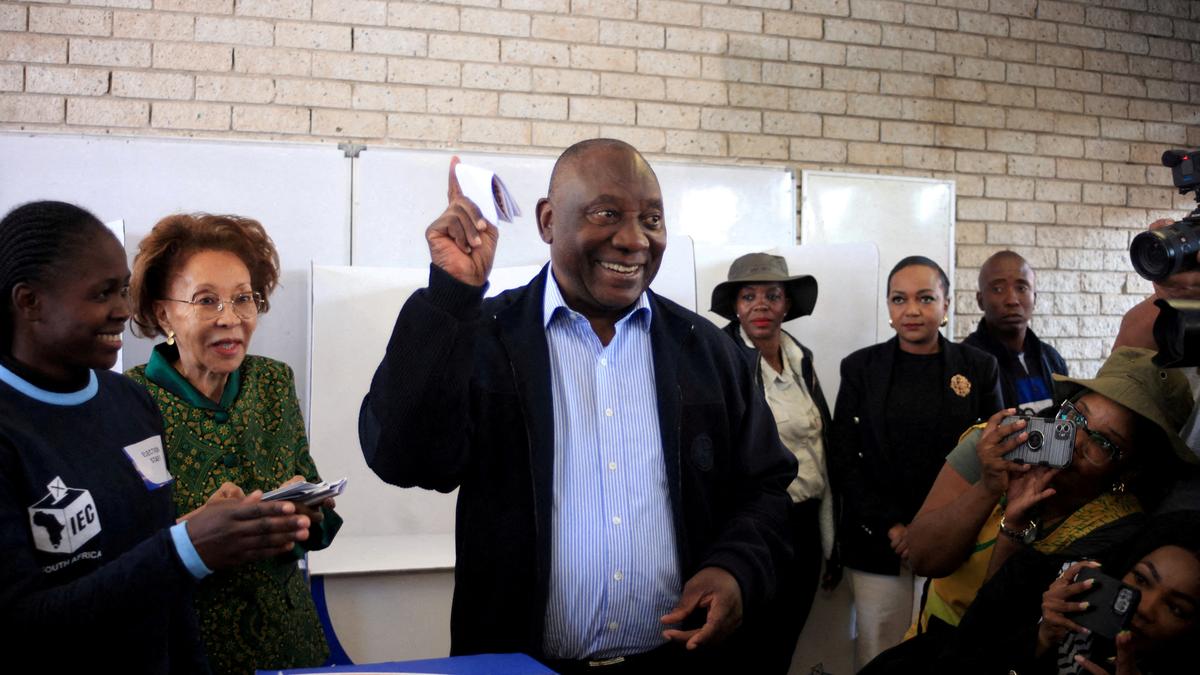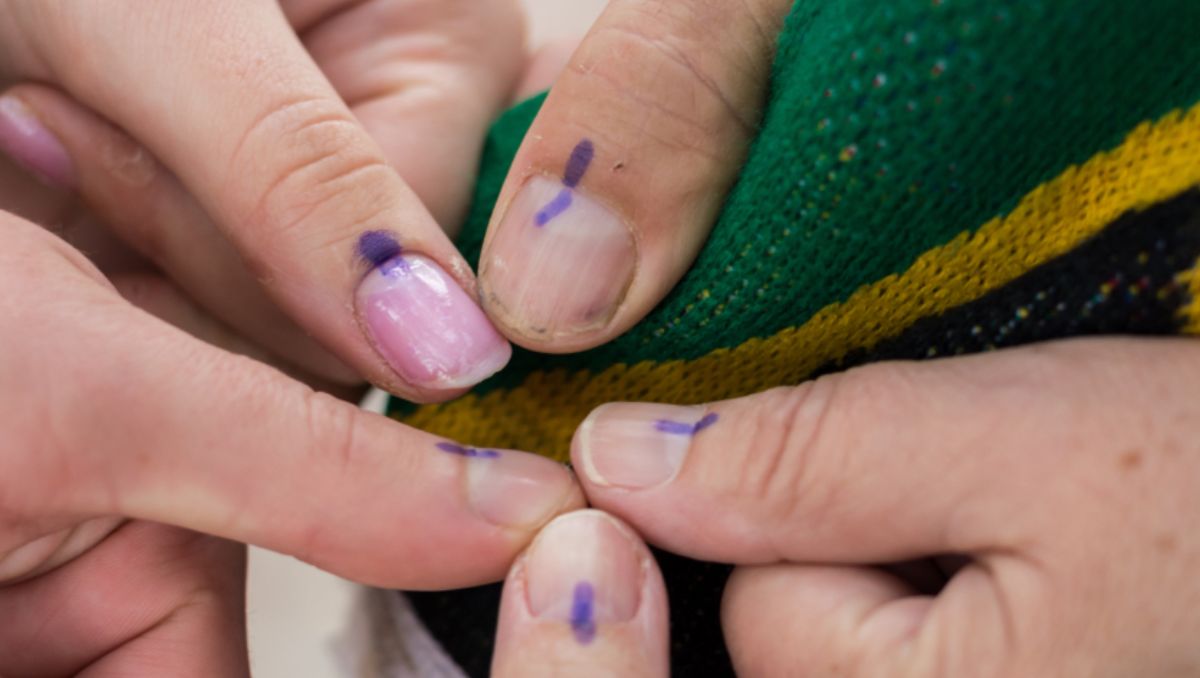In a historic election result in South Africa, the African National Congress (ANC) has lost its decades-long parliamentary majority for the first time since the nation’s transition to democracy in 1994. With nearly all votes counted, the once-dominant liberation movement garnered a mere 40.21% of the vote, a far cry from the absolute majority it has commanded for the past 30 years.
Table of Contents
Opposition and Provincial Results
Among the other political parties, the Democratic Alliance (DA) led the way with 21.78% of the votes, while former President Jacob Zuma’s newly formed uMkhonto weSizwe Party (MKP) secured 14.59% and the Economic Freedom Fighters (EFF) 9.51%.

While the ANC managed to secure over 50% of the vote in five provinces – Limpopo, Eastern Cape, North West, Free State, and Mpumalanga – it fell short of an outright majority in the Northern Cape and Gauteng. Meanwhile, the DA continued its dominance in Western Cape, a province it has governed since 2009.
Coalition Imminent
The ANC will now have to form a coalition government or convince other parties to support President Cyril Ramaphosa’s re-election, allowing him to lead a minority government. The former anti-apartheid activist and trade unionist had harboured hopes for a second term, but the MKP has categorically ruled out supporting any coalition that fails to unseat Ramaphosa first. MKP spokesperson Nhlamulo Ndleda affirmed: “We are willing to negotiate with the ANC, but not the ANC of Cyril Ramaphosa.”
The South African Parliament must convene and elect a new President within 14 days of the final election results being officially announced. The DA and MK party appear to be the most likely coalition partners for the ANC.

Economic Implications
The choice of coalition partner will have significant implications for the country’s economic policies. The MKP and the EFF are pressing for nationalisation reforms, while the DA’s economic reforms would continue the privatisation initiatives initiated by Ramaphosa. The latter appears unlikely given the DA has long been the ANC’s fiercest critic. Politician Gayton McKenzie likened a potential coalition to “a marriage of two drunk people in Las Vegas. It will never work.”
Dwindling Voter Turnout
Low participation in South African elections, particularly among young voters, has become an increasingly dominant feature. Voter turnout in the 2024 elections was the lowest ever in South Africa’s 30-year democratic history at 58.61%. The 2019 elections witnessed a turnout of merely 66%, a marked decline from the staggering 90% recorded in 1999.
The dismal figure underscores a concerning trend of gradual voter apathy, which many attribute to a lack of trust in politics and dissatisfaction with government performance. Think-tank Rivonia Circle pointed to the low trust in the government, citing “the social, political and economic inequality in the country. The reputation of the ANC has become tarnished by multiple corruption scandals amidst industrial stagnation and rising poverty and unemployment rates.” Political analyst Aubrey Matshiqi said the country’s low voter turnout reflected citizens’ disconnect from electoral outcomes.

What next for South Africa?
The 2024 election marks the end of an era. South Africa now stands at a crossroads with an unprecedented phase of coalition governance imminent. Any political agreement will have to renew the trust of its voter base through economic reform and humanitarian progress. The 62 million population of the country will hope.



